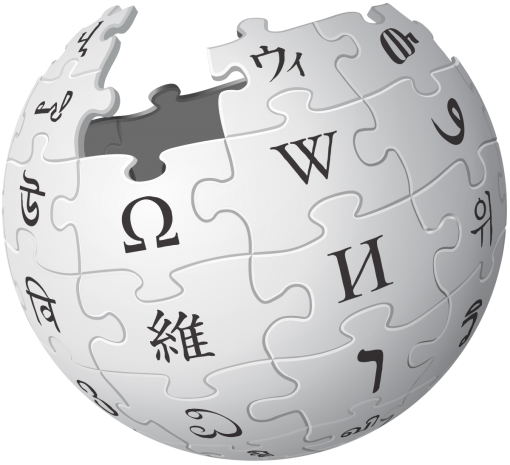
Breaking News
 "A.G.E.S. Fall Conference" on BrightU: How to spot "imposter" farmers and hidden
"A.G.E.S. Fall Conference" on BrightU: How to spot "imposter" farmers and hidden
 Endless Hot Water is the Smartest Spring Upgrade for Your RV
Endless Hot Water is the Smartest Spring Upgrade for Your RV
 Epstein's Friend Howard Lutnik EXPOSED
Epstein's Friend Howard Lutnik EXPOSED
Top Tech News
 New Spray-on Powder Instantly Seals Life-Threatening Wounds in Battle or During Disasters
New Spray-on Powder Instantly Seals Life-Threatening Wounds in Battle or During Disasters
 AI-enhanced stethoscope excels at listening to our hearts
AI-enhanced stethoscope excels at listening to our hearts
 Flame-treated sunscreen keeps the zinc but cuts the smeary white look
Flame-treated sunscreen keeps the zinc but cuts the smeary white look
 Display hub adds three more screens powered through single USB port
Display hub adds three more screens powered through single USB port
 We Finally Know How Fast The Tesla Semi Will Charge: Very, Very Fast
We Finally Know How Fast The Tesla Semi Will Charge: Very, Very Fast
 Drone-launching underwater drone hitches a ride on ship and sub hulls
Drone-launching underwater drone hitches a ride on ship and sub hulls
 Humanoid Robots Get "Brains" As Dual-Use Fears Mount
Humanoid Robots Get "Brains" As Dual-Use Fears Mount
 SpaceX Authorized to Increase High Speed Internet Download Speeds 5X Through 2026
SpaceX Authorized to Increase High Speed Internet Download Speeds 5X Through 2026
 Space AI is the Key to the Technological Singularity
Space AI is the Key to the Technological Singularity
 Velocitor X-1 eVTOL could be beating the traffic in just a year
Velocitor X-1 eVTOL could be beating the traffic in just a year
'Wikipedia Is More One-Sided Than Ever' Writes Disaffected Co-Founder Larry Sanger

This is essential policy, believe it or not. Maybe that will be hard to believe, if you have read many Wikipedia articles on controversial topics lately. But it is true: neutrality is the second of the "Five Pillars" policies that define Wikipedia's approach to the craft of encyclopedia-writing. Wikipedia founder Jimmy Wales made a statement that Wikipedia now regards as definitive. "Doing The Right Thing takes many forms," he wrote, "but perhaps most central is the preservation of our shared vision for the NPOV and for a culture of thoughtful diplomatic honesty."
Yes, Wikipedia is very earnest about its neutrality.
But what does "neutral" mean? This is easy to misunderstand; many people think it means the same as "objective." But neutrality is not the same as objectivity. If an encyclopedia is neutral about political, scientific, and religious controversies—the issues that define the ongoing culture war—then you will find competing sides represented carefully and respectfully, even if one side is "objectively" wrong. From a truly neutral article, you would learn why, on a whole variety of issues, conservatives believe one thing, while progressives believe another thing. And then you would be able to make up your own mind.
Is that what Wikipedia offers? As we will see, the answer is No.
What Is "Neutrality," Anyway?
"Now wait a second," I can already hear some people saying. "I reject this distinction between objectivity and neutrality. Neutrality does not mean giving equal weight to all opinions. Neutrality means approaching issues without emotion, following standards of logic and science. The neutral approach seeks hard facts and assembles hard-won truths for a critical audience."

 One Minute to Midnight
One Minute to Midnight


